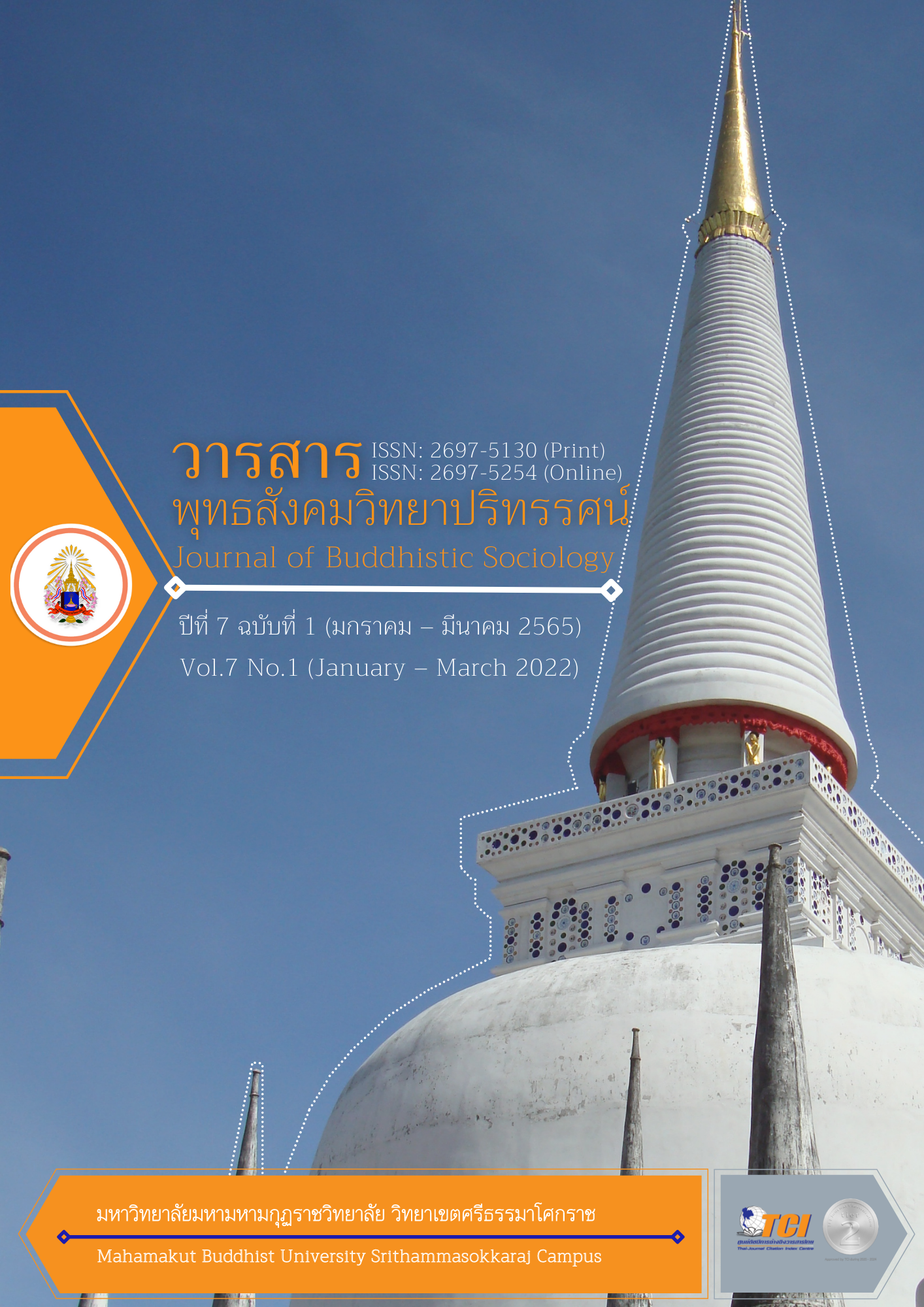THE EFFECTS OF USING A COMPUTER-ASSISTED INSTRUCTION PROGRAM ON OPINION EXPRESSION WRITING FOR PROMOTING OPINION EXPRESSION WRITING ABILITY AND ATTITUDE TOWARDS THAI LANGUAGE LEARNING OF GRADE 5 STUDENTS IN SCHOOLS UNDER PHUKET PRIMARY EDUCATION SERVICE AREA OFFICE
Main Article Content
Abstract
This research aimed to 1) develop a computer-assisted instruction program on the opinion expression writing in Thai Language subject for Grade 5 students based on the pre-determined efficiency criterion, 2) compare the opinion expression writing ability of Grade 5 students who learned from the computer-assisted instruction program with the students who learned from traditional instruction, and 3) compare the attitude towards Thai language learning of Grade 5 students who learned from the computer-assisted instruction program with the students who learned from traditional instruction.
The sample group, obtained by multi-stage sampling, consisted of Grade 5 students of Wat Thep Nimit School under Phuket Primary Education Service Area Office during the academic year 2021 from two intact classrooms, 30 students for each. One classroom was randomly assigned as an experimental group, and the other classroom was the control group. The employed research instruments were 1) a computer-assisted instruction program on the topic of opinion expression writing in the Thai Language, 2) learning management plans for the instruction using the computer-assisted instruction program, 3) learning management plans for traditional instruction, 4) a learning achievement test on opinion expression writing ability, and 5) a scale to assess attitude towards Thai language learning.
Statistics employed for data analysis were average, standard deviation, and T-test dependent.
The research showed that:
1. The developed computer-assisted instruction program was efficient at 81.57/81.87, higher than the 80/80 efficiency criterion.
2. The opinion expression writing ability of the group of students who learned from the computer-assisted instruction program was higher than the counterpart ability of students who learned from traditional instruction at the .01 level of statistical significance.
3. The attitude towards Thai language learning of the group of students who learned from the computer-assisted instruction program was higher than the counterpart attitude of the group of students who learned from traditional instruction at the .01 level of statistical significance.
Article Details

This work is licensed under a Creative Commons Attribution-NonCommercial-NoDerivatives 4.0 International License.
References
กิดานันท์ มลิทอง. (2548). เทคโนโลยีและการสื่อสารเพื่อการศึกษา. กรุงเทพมหานคร: อรุณการพิมพ์.
ชัยยงค์ พรหมวงศ์ และคณะ. (2551). สื่ออิเล็กทรอนิกส์เพื่อการศึกษา. นนทบุรี: มหาวิทยาลัยสุโขทัยธรรมาธิราช.
ณัชชา ธาราศักดิ์. (2560). การพัฒนาบทเรียนคอมพิวเตอร์ช่วยสอน กลุ่มสาระการเรียนรู้ภาษาไทยที่ส่งเสริมความสามารถทางการเรียน สำหรับนักเรียนชั้นประถมศึกษาปีที่ 5 โรงเรียนเพี้ยนพินอนุสรณ์ สำนักงานเขตบางนา กรุงเทพมหานคร. ใน วิทยานิพนธ์ปริญญามหาบัณฑิต. มหาวิทยาลัยรามคำแหง.
โรงเรียนวัดเทพนิมิตร. (2562). รายงานผลสัมฤทธิ์ทางการเรียนวิชาภาษาไทย. ภูเก็ต: โรงเรียนวัดเทพนิมิตร.
สำนักวิชาการและมาตรฐานการศึกษา. (2552). ตัวชี้วัดและสาระการเรียนรู้แกนกลาง กลุ่มสาระการเรียนรู้ภาษาไทย ตามหลักสูตรแกนกลางการศึกษาขั้นพื้นฐาน พุทธศักราช 2551. กรุงเทพมหานคร: ชุมนุมสหกรณ์การเกษตรแห่งประเทศไทย.
สุวรรณิกานต์ นิเท. (2556). การใช้กระบวนการคิดวิเคราะห์เพื่อพัฒนาความสามารถในการเขียนแสดงความคิดเห็นของนักเรียนชั้นมัธยมศึกษาปีที่ 2 โรงเรียนแม่จันวิทยาคม จังหวัดเชียงราย. ใน วิทยานพนธ์ปริญญามหาบัณฑิต. มหาวิทยาลัยสุโขทัยธรรมาธิราช.
Best, John. (1986). W.Research in Education. Englewood Cliffs: Prentice Hall,Inc.
Sukying, A. (2017). The relationship between receptive and productive affix knowledge and vocabulary size in an EFL Context. PhD. Dissertation, School of Education and Social Work. In PhD. Dissertation, School of Education and Social Work. University of Sydney.


